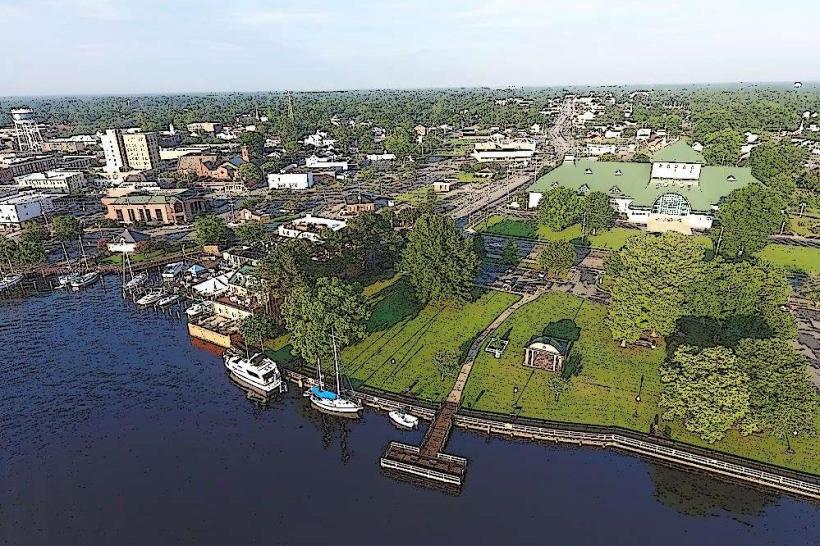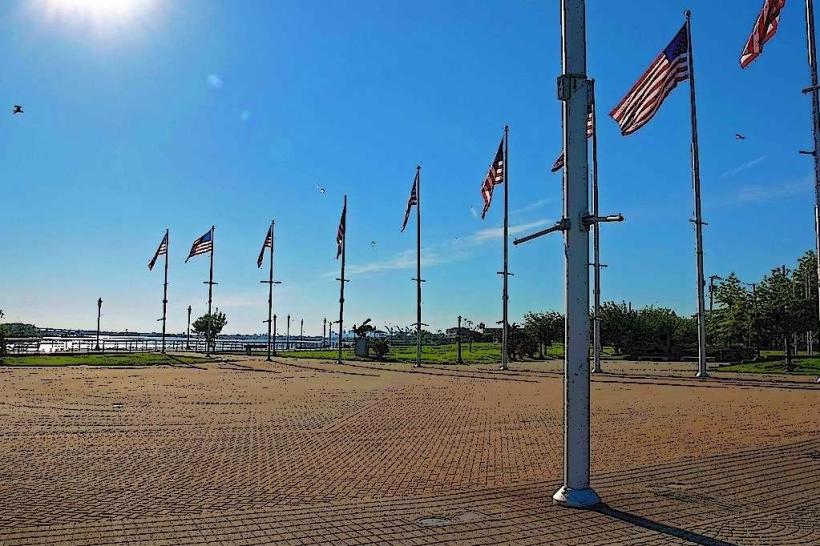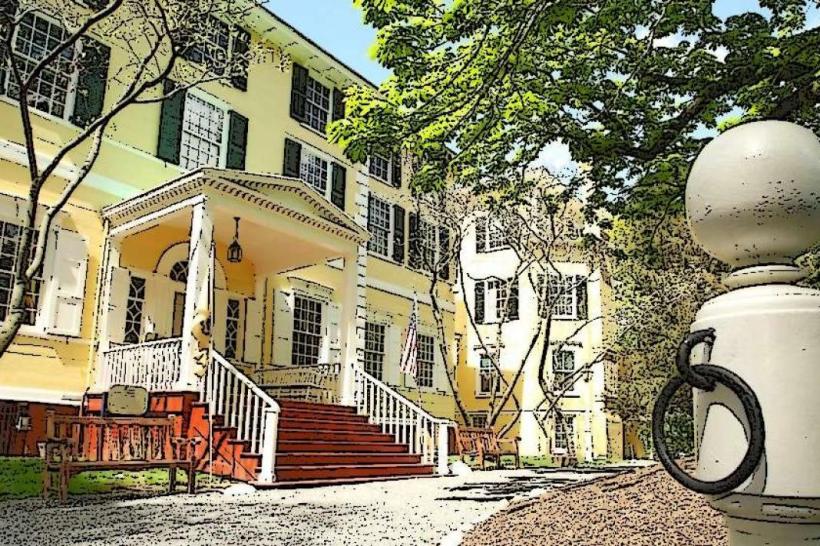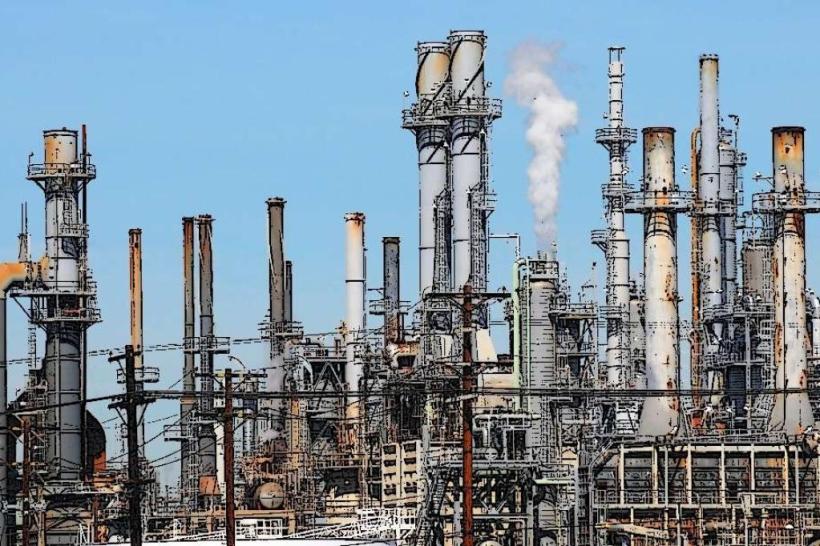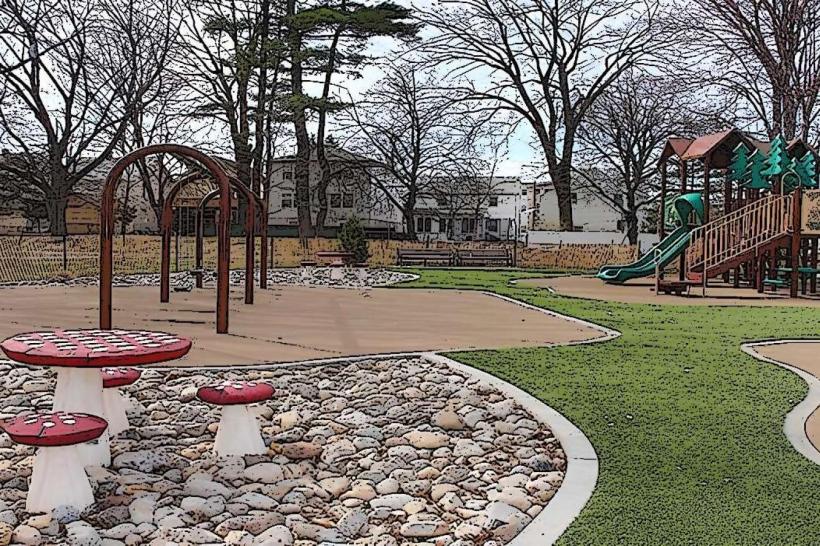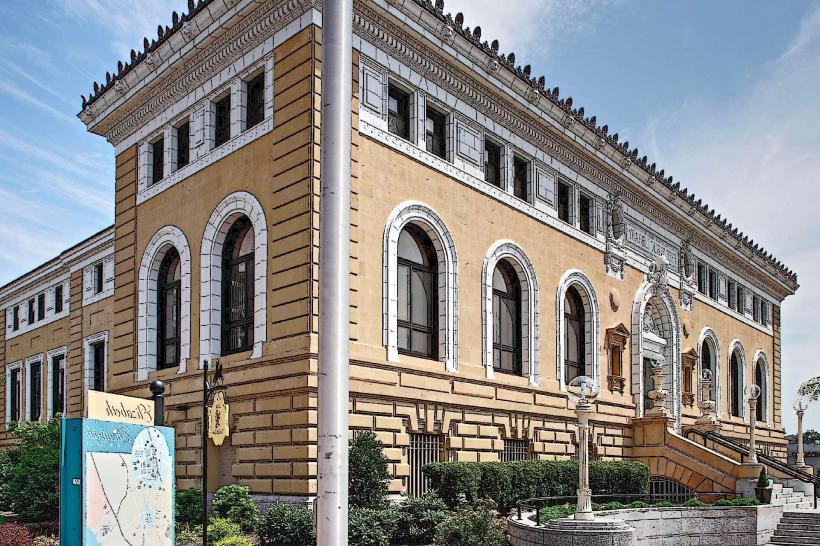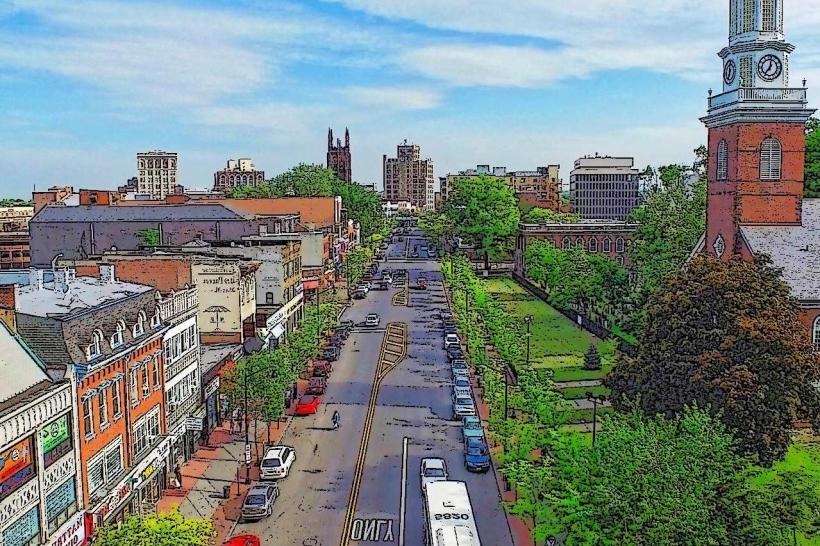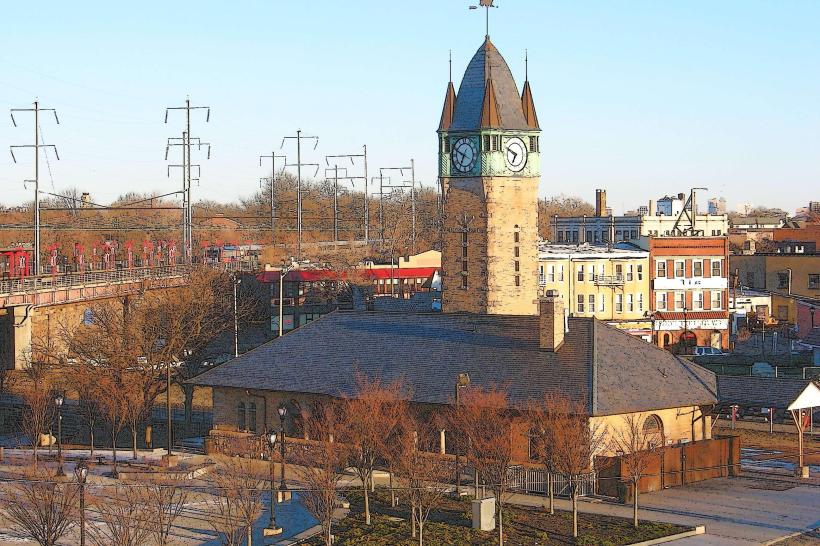Information
City: ElizabethCountry: USA New Jersey
Continent: North America
Elizabeth, USA New Jersey, North America
Elizabeth serves as the county seat of Union County and is the fourth-most populous city in New Jersey. It is a vital global logistics hub, home to major portions of the Port Newark-Elizabeth Marine Terminal and Newark Liberty International Airport.
Historical Timeline
Founded in 1664 as "Elizabethtown," it served as the first capital of New Jersey. Primary governance eras include its 19th-century transformation into an industrial center, most notably as the global headquarters for the Singer Sewing Machine Company. In the mid-20th century, the city became the site of the world's first container port (Port Elizabeth), revolutionizing global trade. The 21st century has been characterized by the growth of its retail sector and its status as a high-density "Urban Enterprise Zone."
Demographics & Population
The population is approximately 135,000. The demographics are Hispanic or Latino (65%), Black or African American (18%), and White (11%). It features a high concentration of residents with Portuguese, Colombian, and Cuban heritage. The median age is 34.1 years.
Urban Layout & Key Districts
The city is divided into several distinct neighborhoods:
Elizabethport ("The Port"): The historic industrial and waterfront district, currently seeing residential redevelopment.
Elmora: An affluent residential area in the western section featuring diverse dining and the Elmora Hills neighborhood.
Elizabeth Avenue: A major commercial corridor known for its diverse retail and cultural markets.
The Peterstown Section: A traditionally Italian-American neighborhood known for its specialty food shops and historic social clubs.
Top City Landmarks
The Mills at Jersey Gardens: The largest outlet mall in New Jersey.
Boxwood Hall: A historic 1750 residence where George Washington and Alexander Hamilton stayed.
First Presbyterian Church of Elizabeth: A historic site dating back to the 1660s with a colonial-era cemetery.
Warinanco Park: A 200-acre county park designed by the Olmsted Brothers (designers of Central Park).
Transportation Network
Elizabeth is a premier transportation nexus. Elizabeth Station and North Elizabeth Station provide rail access to NYC and Trenton via NJ Transit’s Northeast Corridor and North Jersey Coast Lines. It is adjacent to Newark Liberty International Airport (EWR). The city is bisected by the NJ Turnpike (I-95), I-1, and I-9. Ride-sharing is universal. Traffic density is extreme, particularly near the airport interchanges and the Goethals Bridge (to Staten Island).
Safety & "Red Zones"
The general safety level is moderate. Caution is advised at night in specific areas of The Port and sections of the Fourth Ward, which experience higher rates of property and violent crime. The retail areas around Jersey Gardens are heavily patrolled. Common scams involve unauthorized "airport parking" solicitations and fraudulent transportation offers near transit hubs.
Digital & Financial Infrastructure
Internet speeds average 400 Mbps with fiber availability via Verizon Fios and Xfinity. Main mobile carriers are Verizon, AT&T, and T-Mobile. Card acceptance is universal. ATMs are concentrated on Elizabeth Avenue and within the Jersey Gardens mall.
Climate & Air Quality
Temperatures range from -3°C to 4°C in winter and 21°C to 30°C in summer. Air quality is moderate, frequently impacted by heavy port traffic, airport operations, and the proximity of the NJ Turnpike. Specific weather risks include coastal flooding in the Port district during storm surges.
Culture & Social Norms
The standard tipping percentage is 18–25%. A handshake is the standard greeting. Dress codes are "Urban-Casual" or "Industrial-Professional." Smoking is prohibited in all public indoor spaces. The city is culturally defined by its status as a "City of Immigrants" and its deep-rooted industrial identity.
Accommodation Zones
Airport / Jersey Gardens Area: Recommended for transit-focused travelers and national hotel chains.
Downtown: Recommended for localized experiences and proximity to rail links to NYC.
Local Cost Index
1 Espresso: $3.50 (USD)
1 Standard Lunch: $16.00 (USD)
1 NJ Transit Fare (to NYC): $7.25 (USD)
Nearby Day Trips
New York City: (25 minutes via rail).
Statue of Liberty / Ellis Island Ferry: (15 km north).
New Brunswick: (25 km south).
Facts & Legends
Elizabeth was the site of the first submarine test in the United States (the Holland I, tested in the Elizabeth River). Historically, it is the home of the first colonial assembly of New Jersey. A local legend involves the "Ghost of Boxwood Hall," where spectral sightings of Elias Boudinot (President of the Continental Congress) have been reported by staff and visitors. The city is also the birthplace of the modern container shipping industry.

